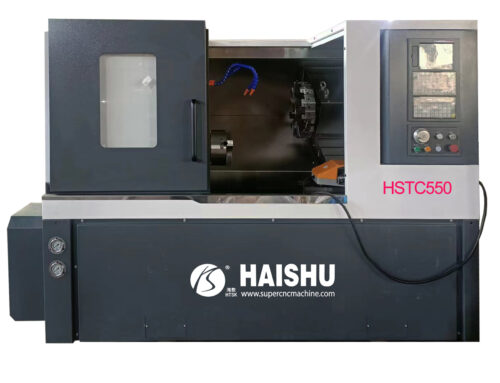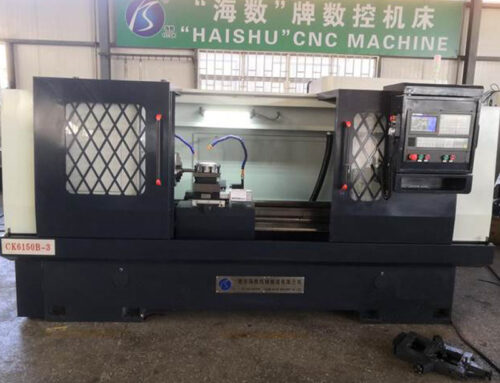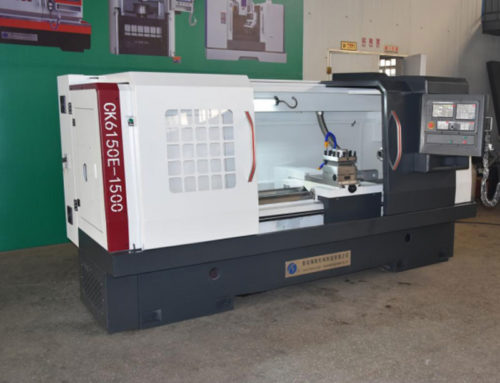How to Choose A CNC Lathe Machine? This is a hot topic for many CNC lathe machine buyers. CNC lathe machine is used for machining rotationally symmetrical workpieces and perform automated machining operations controlled by computer control system. They are capable of completing various precision machining tasks, providing efficient, precise, and repeatable machining processes. When selecting a CNC lathe machine, several important factors need to be considered.
The maximum size and weight of the parts detemines the size and capacity of the CNC lathes machines. This will help you choose a suitable CNC lathe, including the maximum swing diameter of the bed, maximum turning diameter, and maximum turning length. If your workpiece diameter is within 100mm and length is within 400mm, you can choose a flat-bed CNC lathe machine. It is cost-effective and easy to operate, making it suitable for customers who are new to the machining industry. If your workpiece exceeds this range, it is recommended to choose an inclined-bed CNC lathe, preferably with a tailstock. Note that not all inclined-bed CNC lathes come with a tailstock, and the tailstock is typically in a hydraulic tailstock mode. However, the drawback of this type of inclined-bed CNC lathe is its relatively higher price, which may pose budget challenges for new customers. In terms of machining capacity, inclined-bed CNC lathes have stronger machining capabilities than flat-bed CNC lathes because the bed structure of inclined-bed machines provides higher rigidity compared to flat-bed machines. Moreover, calculations show that inclined-bed CNC lathes generally have 1.5 to 2 times the machining efficiency of flat-bed CNC lathes.
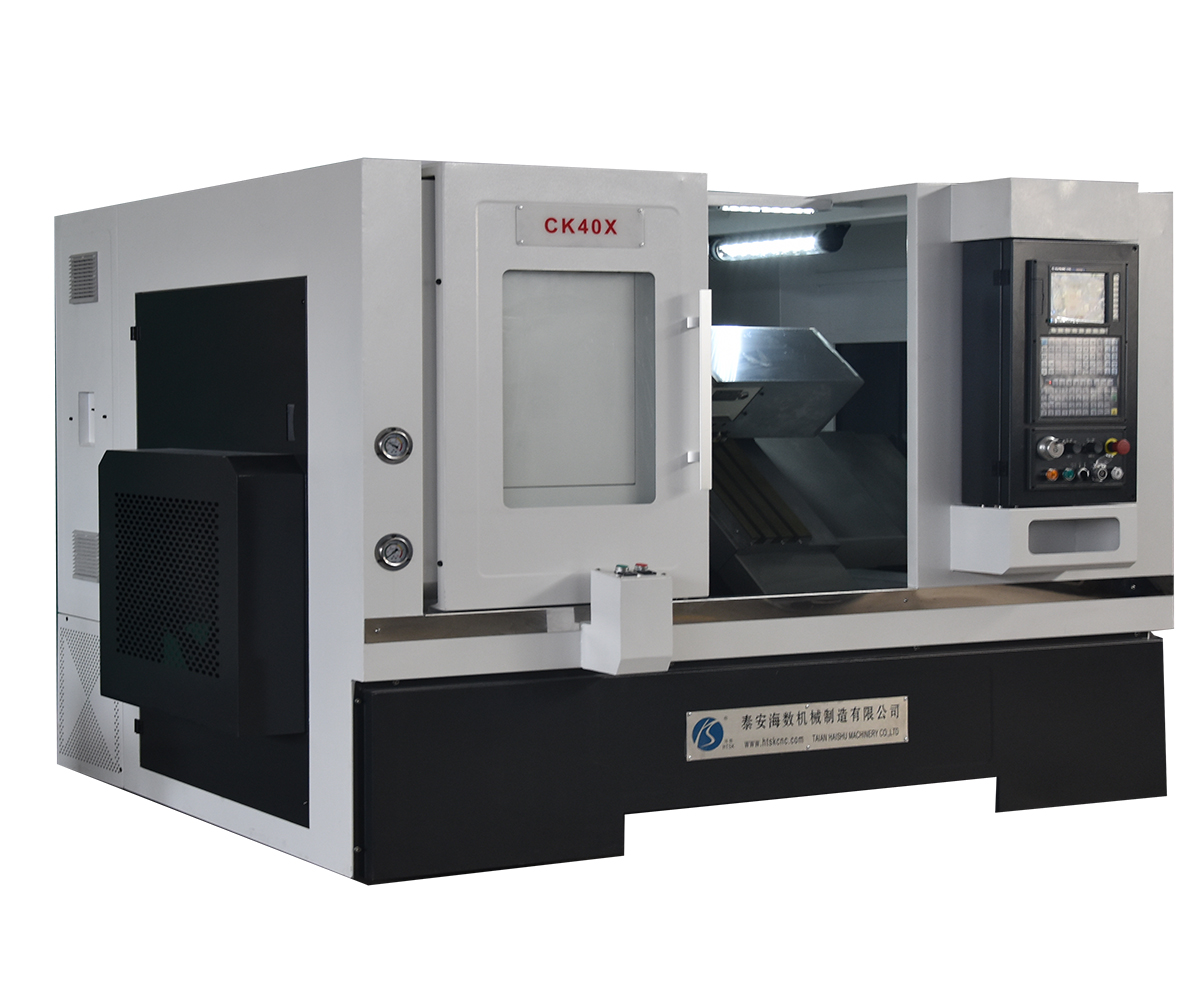
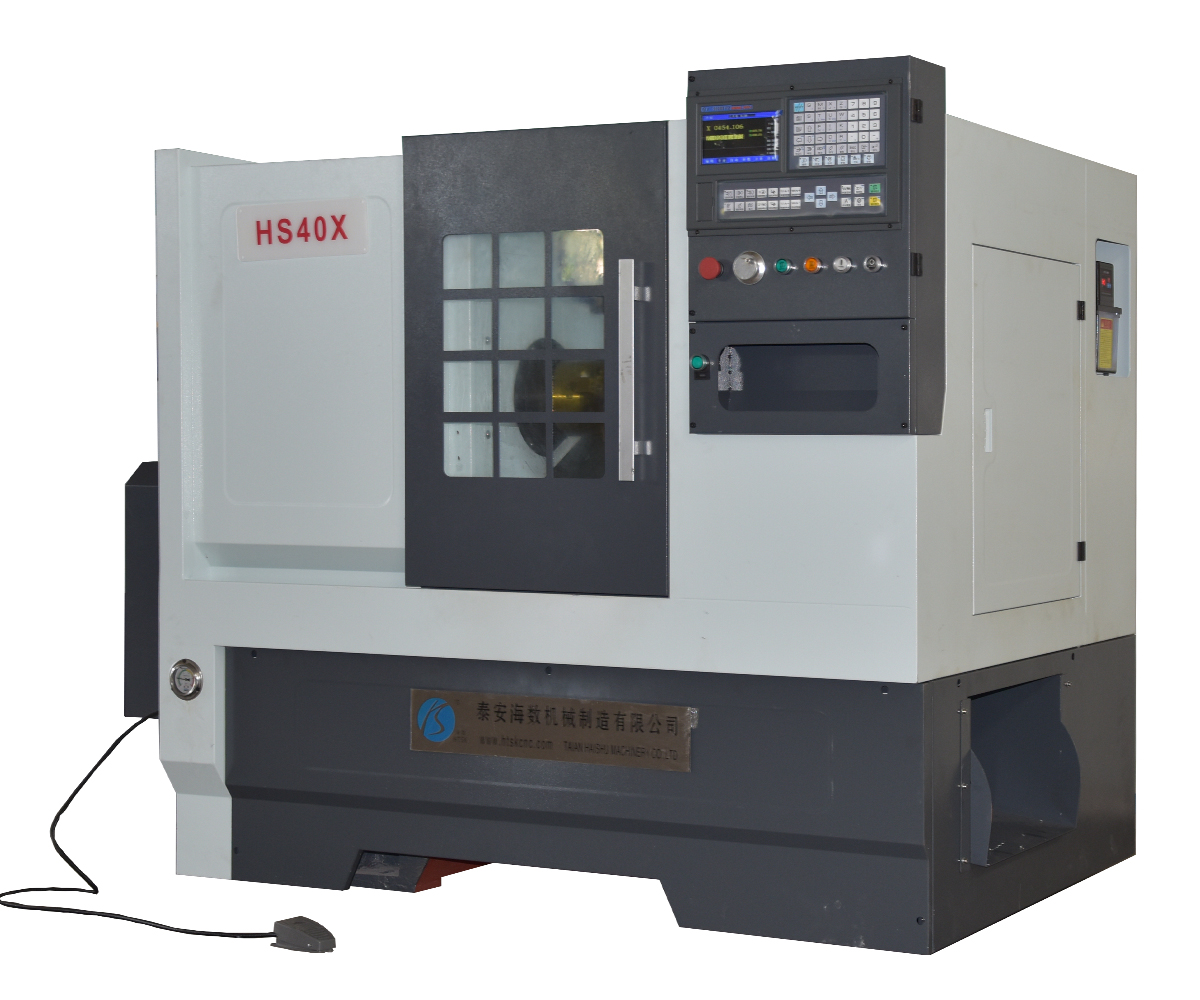
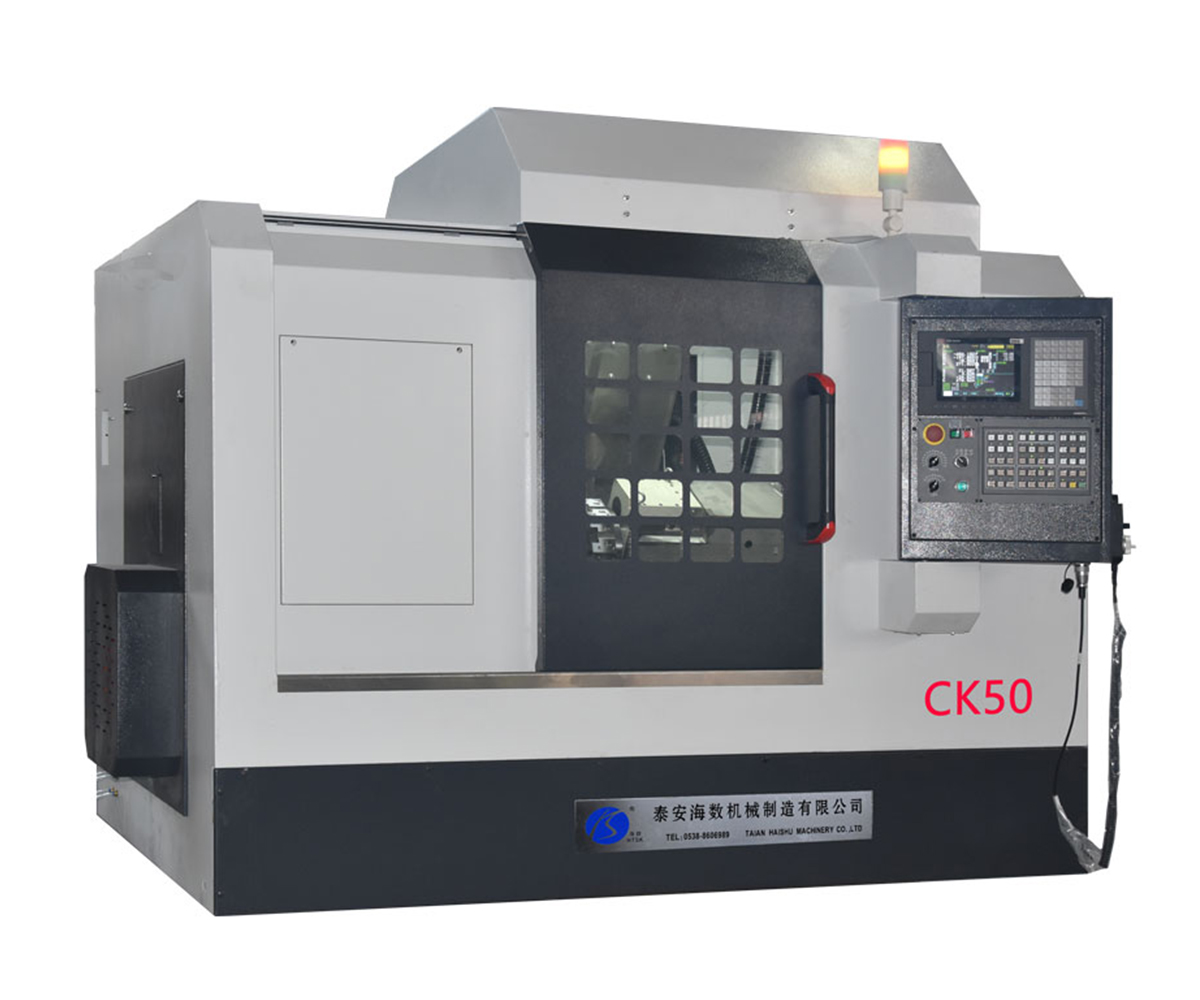
CNC lathes machines types. Choose between horizontal CNC lathes, vertical CNC lathes, or slant-bed CNC lathes based on your specific application. Horizontal CNC lathes are typically used for longer and larger cylindrical parts, while vertical CNC lathes are suitable for shorter and heavier parts. Vertical CNC lathes are often referred to as CNC machining centers or CNC milling machines, which excel in mold processing or drilling and tapping operations but have limited turning capabilities. Additionally, vertical CNC lathes are significantly more expensive. Another type of structure mentioned earlier is the slant-bed CNC lathe. Such slant-bed CNC lathes are expected to become a more common and widely used type of CNC lathes machines in the future.
Spindle speed and power of CNC lathes machines. Consider the required range of spindle speed and power for your machining tasks. Higher spindle speeds are suitable for small-diameter parts and high-speed machining, while higher power is suitable for heavy cutting tasks. Different spindle speeds and powers of CNC lathes machines should be chosen based on the size and length of the workpieces. For smaller workpiece diameters, high spindle speeds are preferred as they enable fast machining, high-speed cutting, and turning. Generally, smaller workpieces require efficiency. Only by improving machining efficiency can higher value be created. Conversely, for larger and longer workpieces, the corresponding machining speed should be reduced, considering the tool’s durability. In addition to reducing the speed for larger workpieces, higher power should also be considered. This is because the motor’s torque gradually decreases as the speed decreases. Increasing the motor power is necessary to compensate for the drawback of low speed. This is an important consideration when selecting CNC lathes machines.
Tooling and turret configuration are crucial considerations in mechanical machining. It is important to evaluate the required number of tool stations and the turret setup to suit your machining operations. Consider the availability and cost of tools, as well as the flexibility of the turret system in accommodating different tool types.
For simpler machining processes, you can opt for a mechanical tool post, also known as a turret. This type of turret, installed on a CNC lathes machines, offers fast tool changes and has a low failure rate as it does not require electrical control. However, it has limitations, such as a restricted workpiece diameter that can occupy X-axis space and a smaller number of tool installations.
To enhance flexibility, during your consultation for a CNC lathes machines, you can inquire about options such as adding a four-station or six-station electric turret. This allows for an increased number of tools without occupying additional space. One drawback is that over time, there may be issues with water ingress alarms.
Another option is to choose a servo hydraulic turret, typically available in eight-station or twelve-station configurations. This choice significantly increases the number of tools and enhances machining rigidity. Moreover, it improves overall tool change speed. However, it may not be compatible with smaller CNC lathes machines, and it comes at a higher price. Additionally, in the event of damage, it may be challenging to repair on your own.
Control system for CNC lathes. Choose a CNC control system that is user-friendly and supports a programming language you are familiar with. Consider the availability of training and technical support for the selected control system. The mainstream systems in the market include Fanuc and Mitsubishi from Japan, Toshiba from Japan, Neway from Taiwan, Siemens from Germany, and domestic systems like GSK and Beijing KND from China. Different requirements call for different systems. If you have a higher budget and require advanced features, you can choose Fanuc or Siemens. If simplicity is a priority, GSK and KND are suitable options. In recent years, Chinese CNC systems have made significant advancements and can meet the majority of customers’ machining needs. They are a good choice for CNC lathe systems.
Precision and accuracy of CNC lathes machines: Evaluate the precision and accuracy requirements of your machining application. Look for features such as high-resolution encoders, linear scales, and a robust machine structure to ensure the desired precision. Selecting a CNC lathes machines based on the precision requirements of the workpiece is also crucial. For applications that demand excellent surface finish and high precision, we recommend choosing a slant bed CNC lathe equipped with linear guide rails, high-precision ball screws, and advanced electric spindles or spindle units. If the customer’s workpiece requirements are relatively straightforward, a flat bed CNC lathe with a standard spindle and hardened guideways can be chosen. Different configurations are available to meet different requirements.
Automation and integration of CNC lathes machines: Determine if additional automation features such as automatic tool changers, bar feeders, or part receivers are needed. Consider the ease of integration with other machines or automation systems in the production line. If continuous and uninterrupted machining is required without manual loading or unloading, automation structures such as mechanical, pneumatic, hydraulic, servo feeders, or gantries can be chosen. These CNC lathes machines can operate 24/7 without the need for manual clamping, but manual tool life monitoring is still necessary. Additionally, for customers requiring four-sided or hexagonal machining, an additional turret indexing head unit can be added to enable multi-sided machining. Therefore, when considering a general CNC lathes machines, it’s important to also consider the addition of automation.
Cost and budget for CNC lathes machines. Set a budget for purchasing CNC lathes and consider the total cost of ownership, including maintenance, tooling, and training expenses. Compare prices from different suppliers and consider long-term return on investment. It’s important to select a machine that matches the pricing for different workpiece machining requirements. Purchasing a high-end CNC machine for low-end workpieces would result in significant waste. Conversely, attempting to machine high-end workpieces with a low-end CNC lathe is not feasible due to the machine’s limited capabilities. Therefore, carefully considering costs and budgets is necessary.
Consider CNC lathes machines suppliers and support: Research and choose reputable suppliers that can provide reliable machines and excellent customer support. Read reviews, seek recommendations, and inquire about warranty and service options. Choosing a high-quality supplier can greatly benefit you by providing good technical support, saving on maintenance costs, and receiving timely service when encountering machining issues. But how do you choose a CNC lathes machines supplier? Firstly, you can refer to reviews to gain an understanding of the scale and reputation of the supplier in question. Secondly, consult friends or organizations that have knowledge and experience with CNC lathes machines. They can provide advice based on their firsthand experience and offer necessary assistance when problems arise. Before making a purchase, inquire about relevant warranty and service offerings. It’s crucial to confirm details with the CNC lathes machines supplier to ensure a successful procurement process.
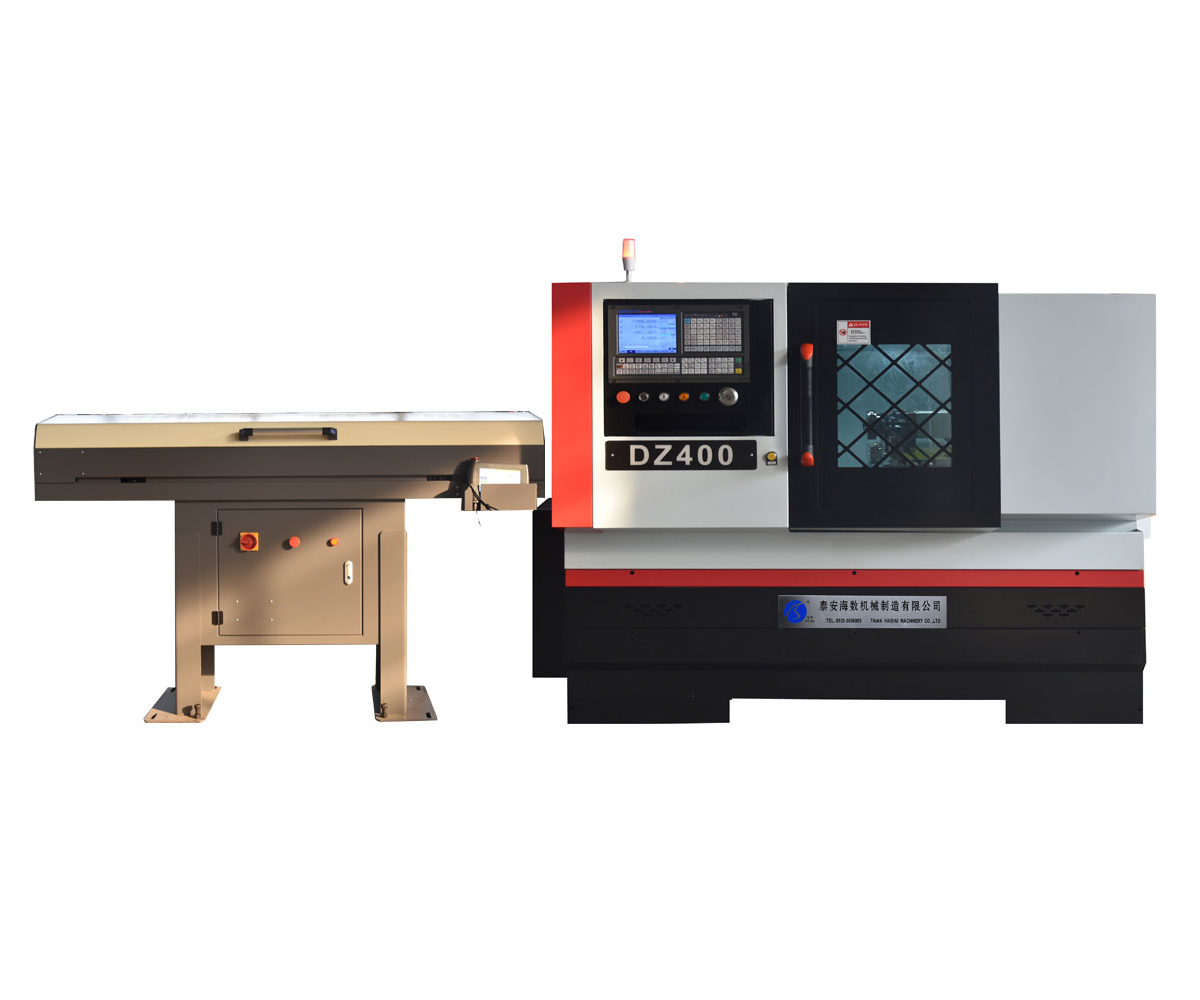
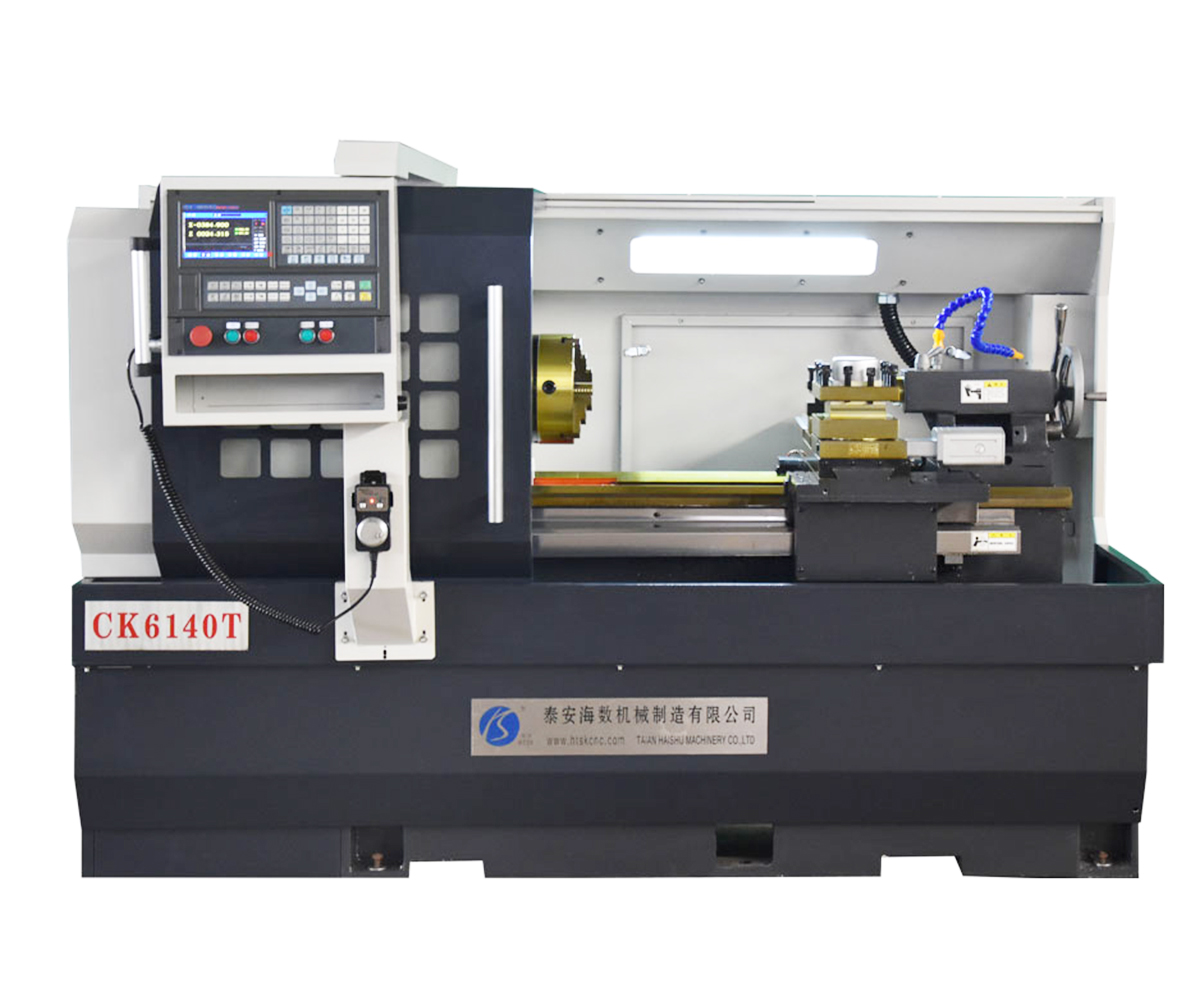
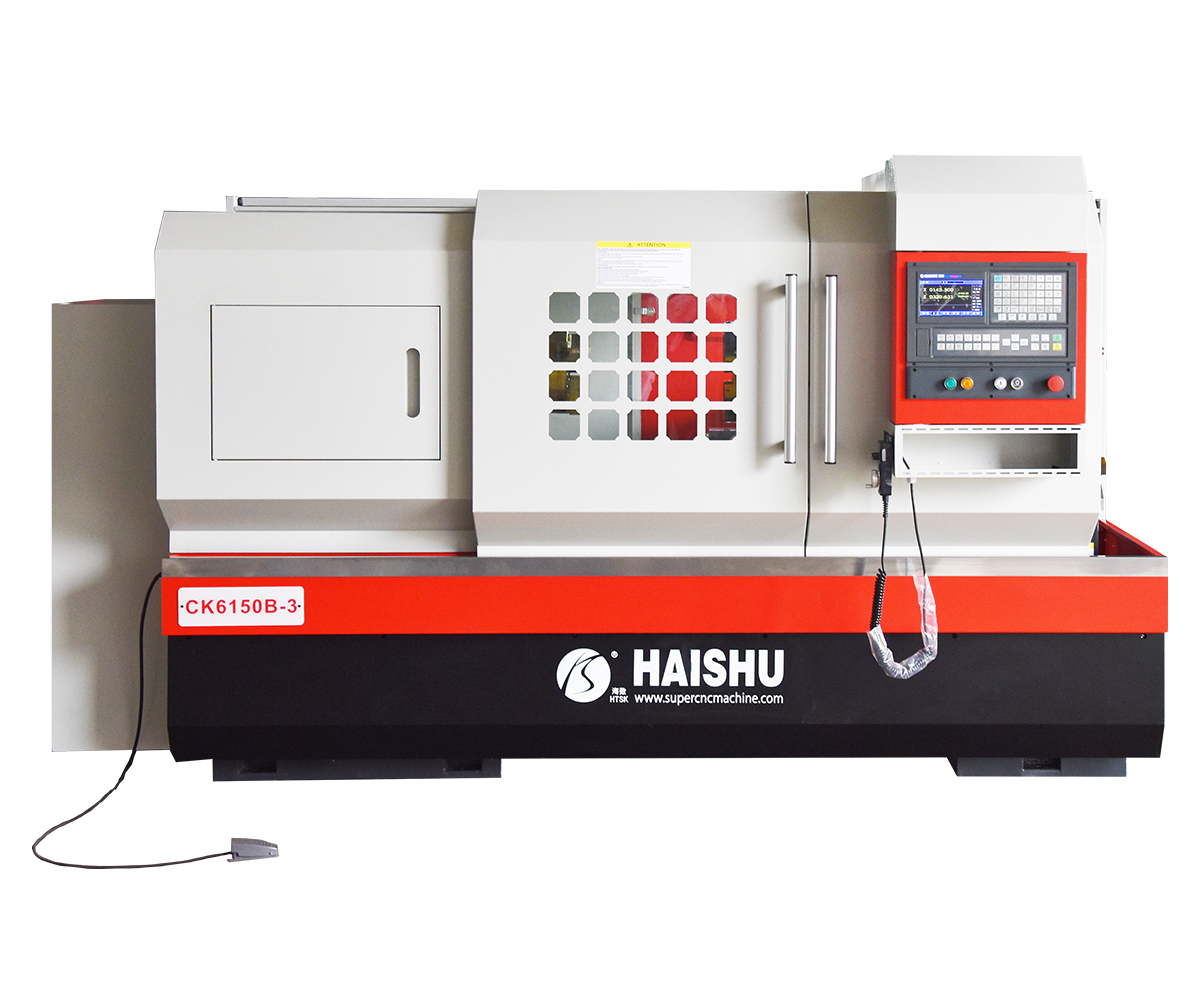
Consider future expansion and upgrades before purchasing CNC lathe machine. Anticipate future needs and assess the potential for expanding machining capabilities or adding new features. Ensure that the CNC lathe you choose can be upgraded in the future as needed. If you purchase a standard version of a CNC lathes machines, there may be new machining requirements that arise as your needs change, and your general-purpose CNC lathe may not be able to meet those machining capabilities. In such cases, you may need to upgrade your CNC lathes machines. Therefore, it’s important to consult with the CNC lathes machines supplier and confirm whether your machine can be expanded or upgraded in terms of functionality in the future. Additionally, ensure that any potential upgrades are within your capabilities. If the CNC lathes machines manufacturer claims that you can perform upgrades, ask for practical examples or product demonstrations. Otherwise, you may find it difficult to upgrade the machine on your own, and it will remain limited to its current functionality even if you desire to upgrade it.
Taian Haisu Machinery Manufacturing Co., Ltd. is specialized manufacturer and supplier of CNC machines. We are dedicated to the production, manufacturing, sales, and service of CNC lathes. Our company offers a wide range of CNC lathes with customizable features to meet the specific requirements of our customers. We also provide detailed service videos and tutorials for reference. If you are considering purchasing a CNC lathes machines, our company is an excellent choice. We invite you to visit our company for procurement and to experience our facilities firsthand.


